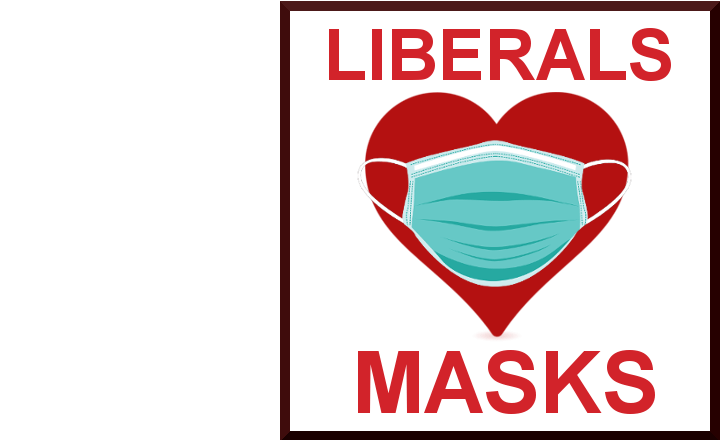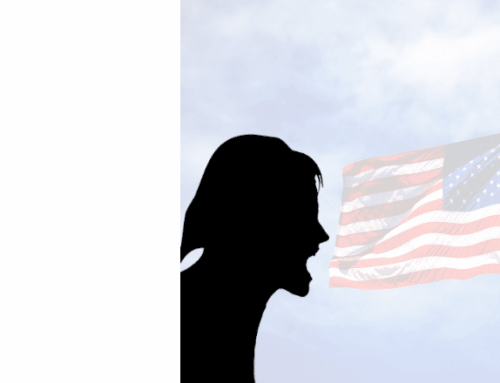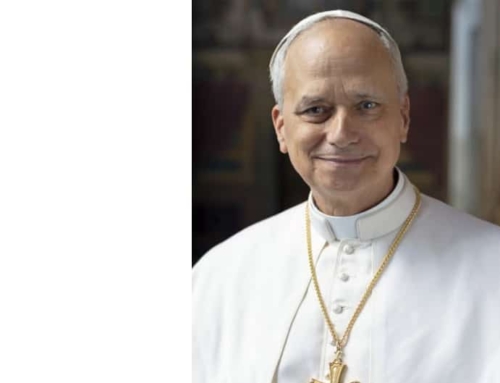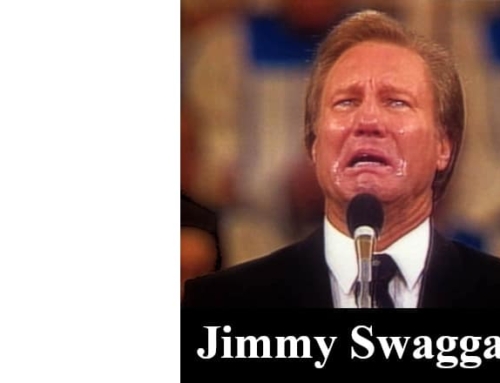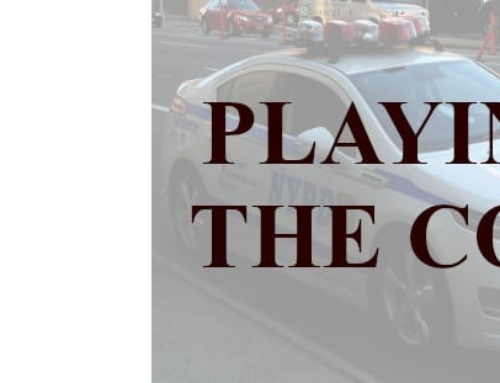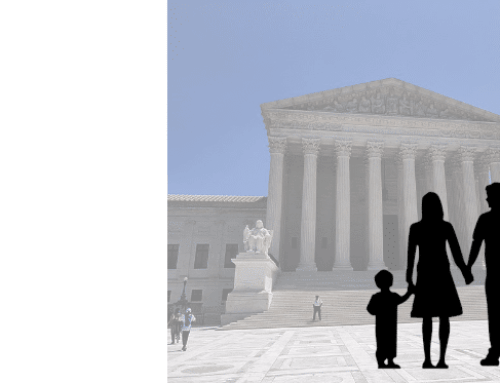Catholic League president Bill Donohue comments on why support for mask wearing depends on one’s politics:
Why do liberals love masks? There is no debate about the evidence, only the reasons for it.
Peter J. Pitts is a former Food and Drug Administration associate commissioner and a visiting professor at the University of Paris Medical School. He lives on the upper west side of Manhattan, the most left-wing neighborhood in New York City. He has a gripe: Why are his neighbors so obsessed with masks? Worse, “they don’t want me to take mine off either. And they’re aggressive about it. Withering stares and cutting comments.”
What Pitts experienced is more than anecdotal evidence: it is an accurate reflection of contemporary liberal thought and behavior.
On March 10, New York Times writer David Leonhardt analyzed data on mask wearing along ideological lines. “Mask wearing remains far more common in liberal communities than conservative ones,” he concluded. That’s why liberals are still not going to restaurants in cities such as New York, Philadelphia, Minneapolis, San Francisco, Portland, Oregon, and Cambridge, Massachusetts; restaurant traffic is at least 40 percent below prepandemic levels.
Similarly, a Morning Consult/Politico poll that was recently released found that 71% of Democrats said local leaders should continue to encourage vaccinations and masks in indoor spaces; less than half of Republicans agreed.
It is easier to find a college student burning an American flag than a mask. They love masks. That’s because most are liberals, and almost all of them are taught by left-wing professors. Again, the evidence is indisputable.
A College Pulse survey of college students released last September found that eight in ten favored mask mandates for indoor settings. Just last month, dozens of students walked out of class at the University of Nevada, Reno to protest the repeal of the mask mandate. Nearly 1,700 students signed a petition demanding a reinstatement of the mandate.
But why? Why do liberals love masks?
The same liberals who love mask mandates are quick to insist on “bodily autonomy” when it comes to risky sex practices, abortion and drugs. They don’t want to be told about restrictions on those behaviors. But when it comes to mask mandates, their interest in “bodily autonomy” ends, and not just for them—for everyone.
College students are known for being anti-authority, which helps to explain their disdain for cops and the clergy. Yet they bow to the authority wielded by campus administrators and faculty.
How to explain these apparent inconsistencies?
Sex is fun. Drugs are fun. Liberals reason that the risks outweigh the fun. The same is not true of mask wearing: no one is deprived of fun by wearing one, and it may keep us healthy, without which there can be no fun.
Cops and the clergy pass judgments on conduct that many college students find unobjectionable. Professors promote postmodernist ideas that are seen as nonjudgmental—there is no such thing as truth and we should be free to experiment with our bodies—notions that facilitate the prospects of fun.
It is narcissism that best explains their selective interest in “bodily autonomy,” and their selective attitude towards authority figures, not some principled philosophical predilection. Liberals also tend to be statist who are comfortable with big government, while conservatives tend to be anti-statists. This helps explain the different postures with regard to mask mandates.
If there is something about liberalism that accounts for the narcissistic strain in many of its adherents, it is the liberal fixation on individual rights, and the relative absence of interest in individual responsibilities. Rights free us to do what we want; responsibilities burden us. The former is attractive to narcissists, not the latter.
The ideological split on mask mandates is a microcosm of the larger divide between liberals and conservatives. Their respective leanings would not matter if our society were not so polarized, but because it is, they matter greatly.
Of course, one way to stop the polarization is get our eyes off of ourselves and on to others. But that is not a very liberal idea.


